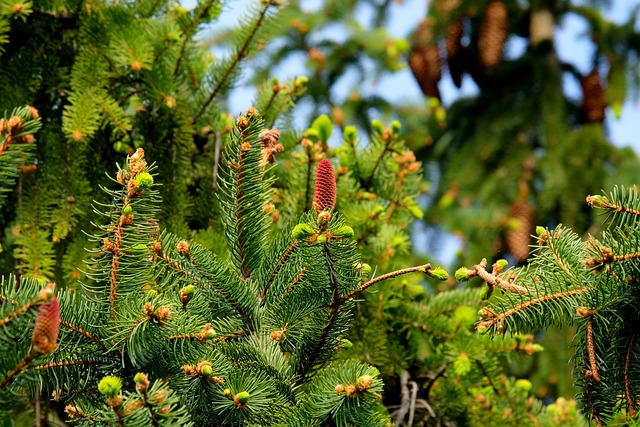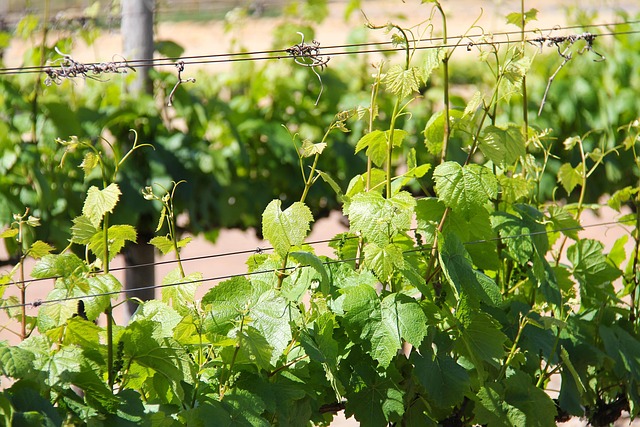Unlocking the Green Magic: The Ecological Impact of Urban Plants in Your Garden
In our fast-paced urban lives, often characterized by concrete jungles and bustling city streets, it’s easy to overlook the remarkable ecological role of urban plants. These green allies are not just aesthetically pleasing but play a vital part in improving our urban environments and enhancing our well-being.
The Breathe of Fresh Air
One of the most significant contributions of urban plants is their ability to purify the air. Plants act as natural air filters, absorbing carbon dioxide and releasing oxygen through photosynthesis. This not only combats the urban heat island effect but also improves the quality of life for city dwellers, providing cleaner air to breathe. Adding trees, shrubs, and flowers to your garden can create a microclimate, making your outdoor space a refreshing oasis amid urban chaos.
Biodiversity Boosters
Urban gardens serve as critical habitats for various species, including birds, insects, and other wildlife. By cultivating a diverse range of plants, you can create a sanctuary that encourages beneficial pollinators, such as bees and butterflies, to thrive. This ecological role of urban plants goes beyond aesthetics; it contributes to the local ecosystem’s resilience and health. Choosing native plants for your garden also enhances biodiversity, supporting local species that have co-evolved with the region’s flora.
Water Management Champions
Urban plants play a crucial role in managing rainwater runoff, reducing the risk of flooding, and preventing soil erosion. Through a process called transpiration, plants absorb water from the soil and release it back into the atmosphere, effectively helping to regulate local humidity levels. Designing your garden with permeable surfaces and native plant species can enhance water absorption, allowing rainwater to nourish the plants rather than overwhelming drainage systems.
Soil Health Guardians
The presence of plants enhances soil health by contributing organic matter and preventing soil erosion. The roots of plants help bind the soil particles together while their decay process enriches the soil with nutrients. By incorporating urban plants into your garden, you are not only creating a sustainable aesthetic but also nurturing the very foundation of our terrestrial ecosystems.
Creating Community Connections
Gardens act as the heart of communities, promoting social interaction and educational opportunities. Urban gardening encourages neighbors to come together, share tips, and foster a sense of belonging. By engaging with the natural world through gardening, we reconnect with our environment and cultivate a consciousness that appreciates sustainability and ecological health.
As you tend to your urban garden, remember the invaluable ecological role of urban plants in creating a healthier environment. Each plant you nurture contributes to a greener, more sustainable city, enhancing your immediate surroundings and the broader ecosystem. Embrace the green magic in your garden and witness the transformative power of nature right at your doorstep!




